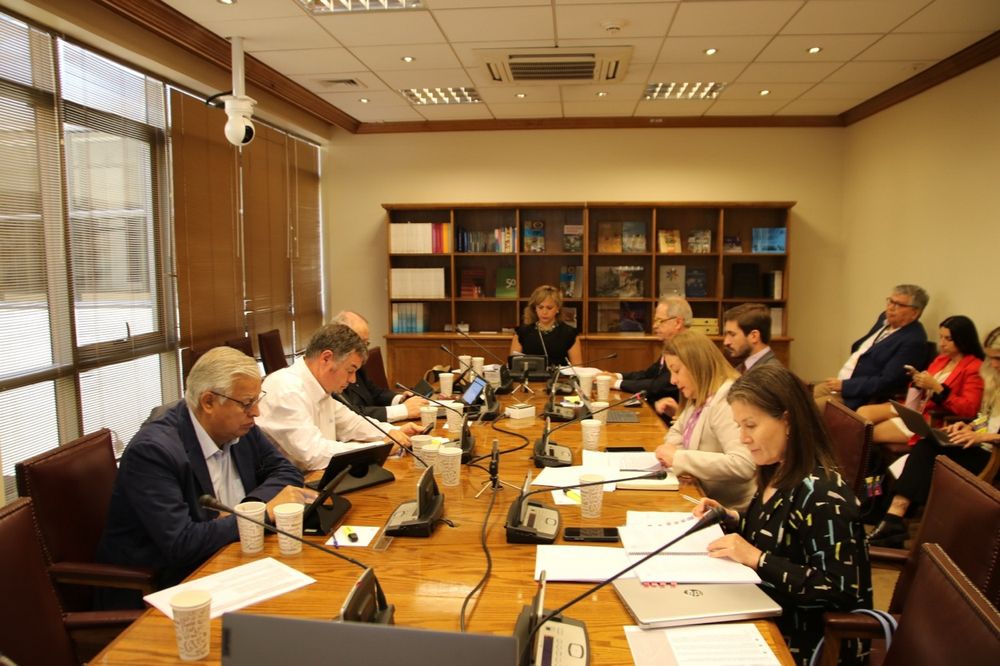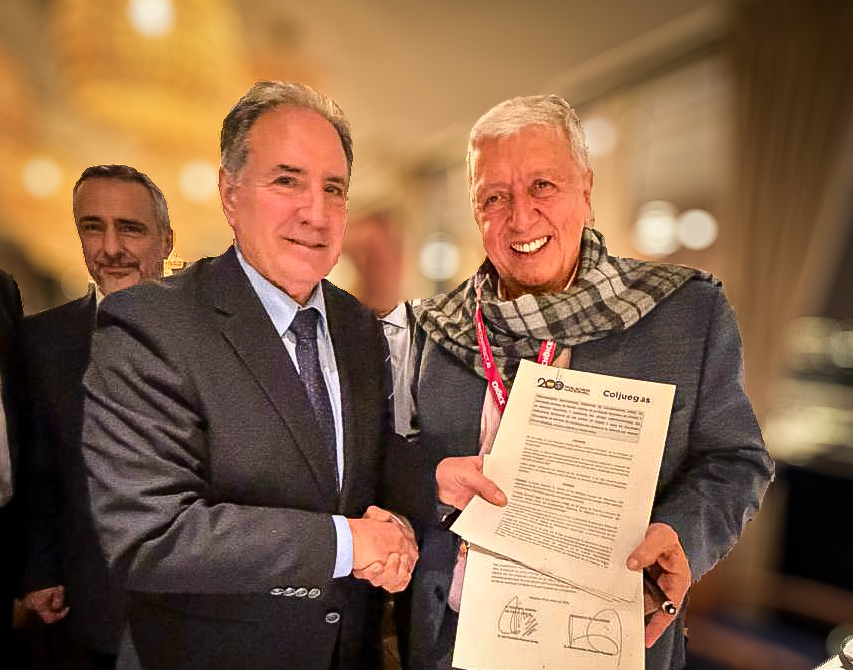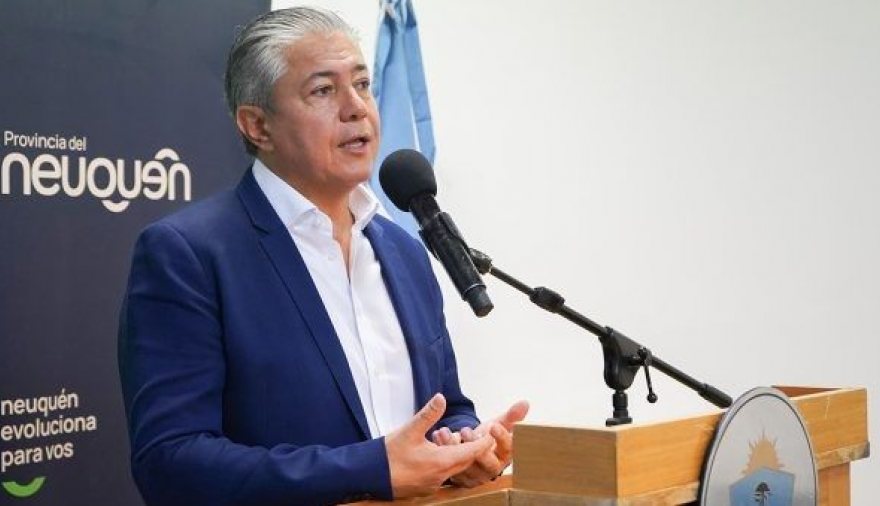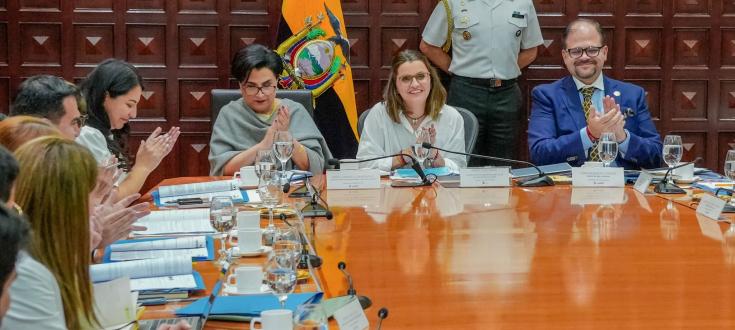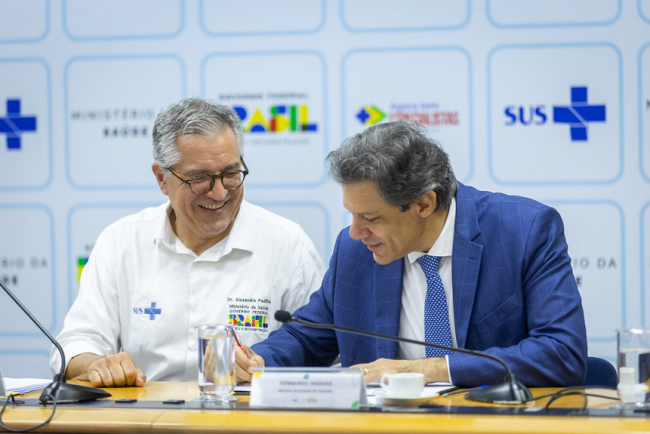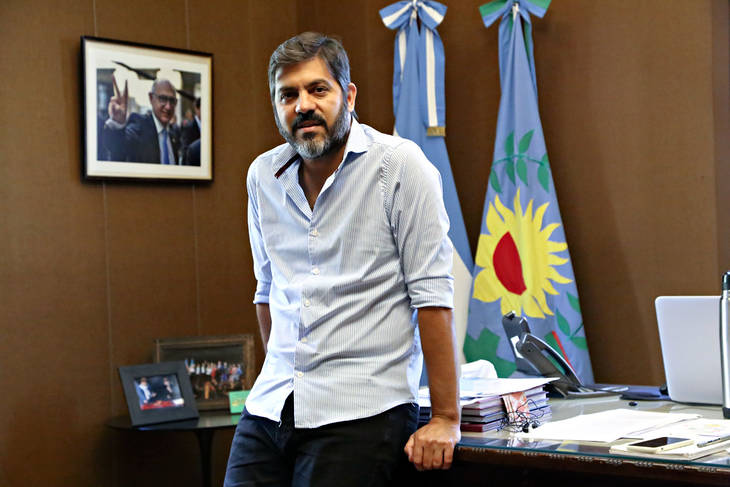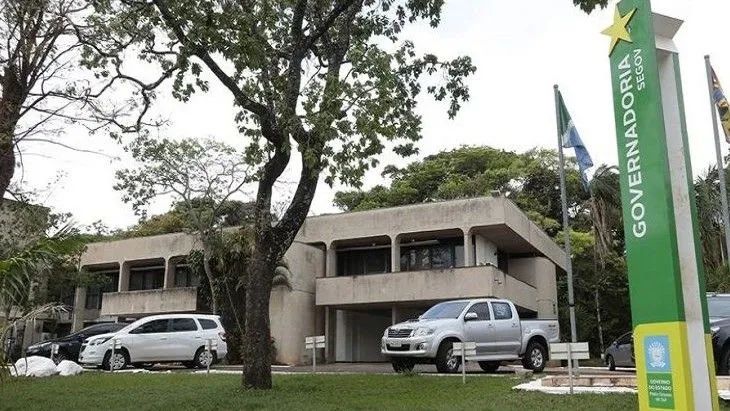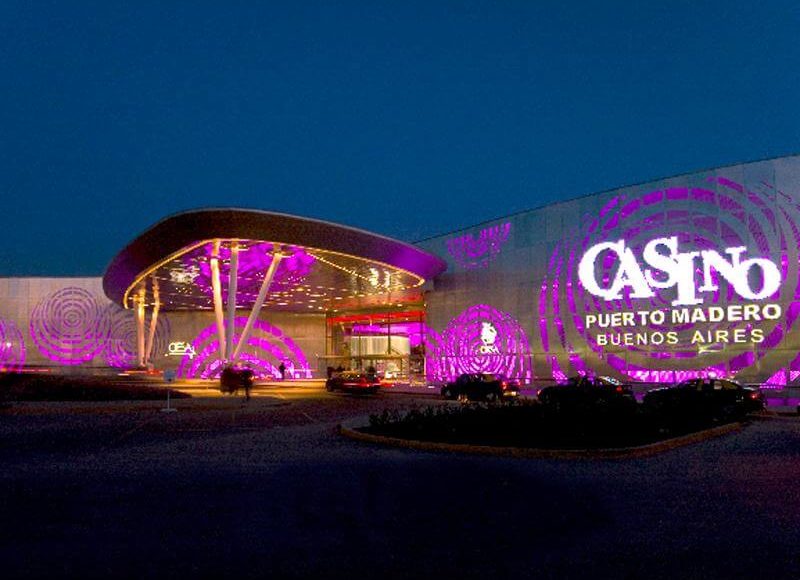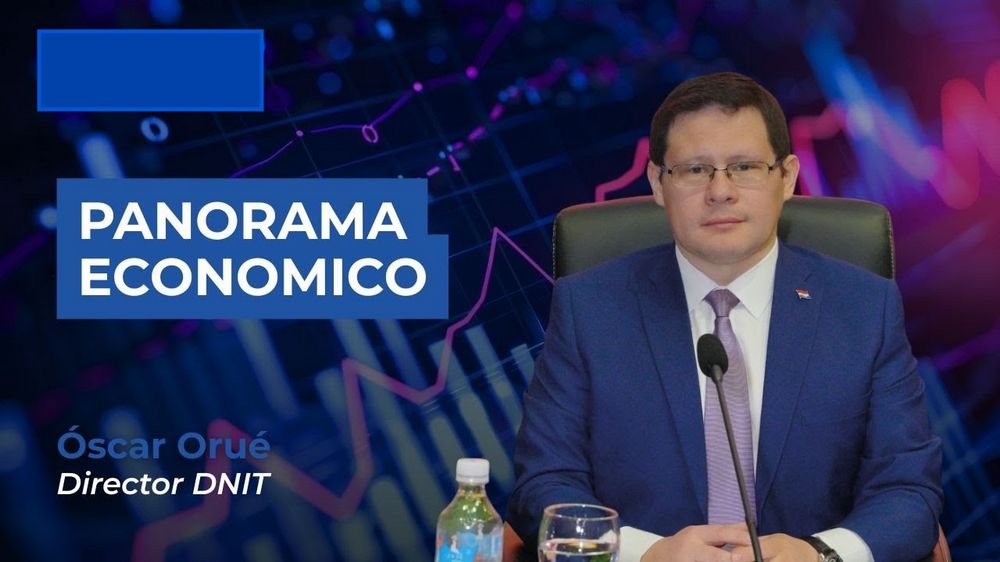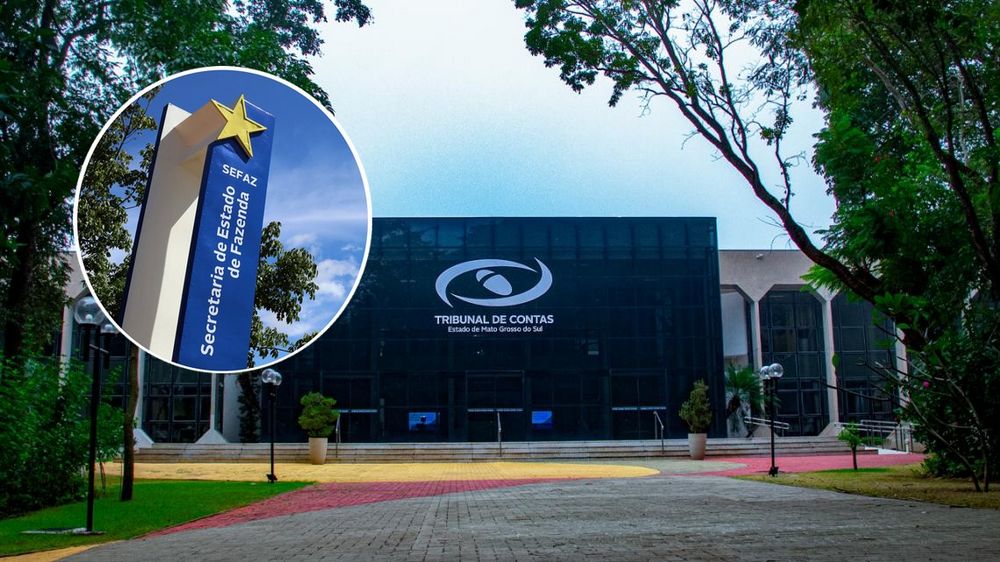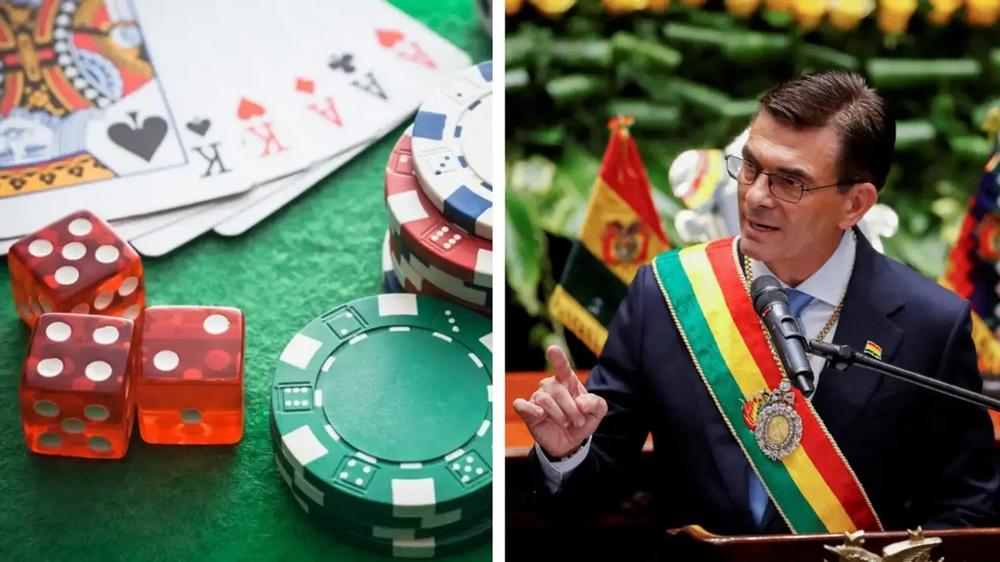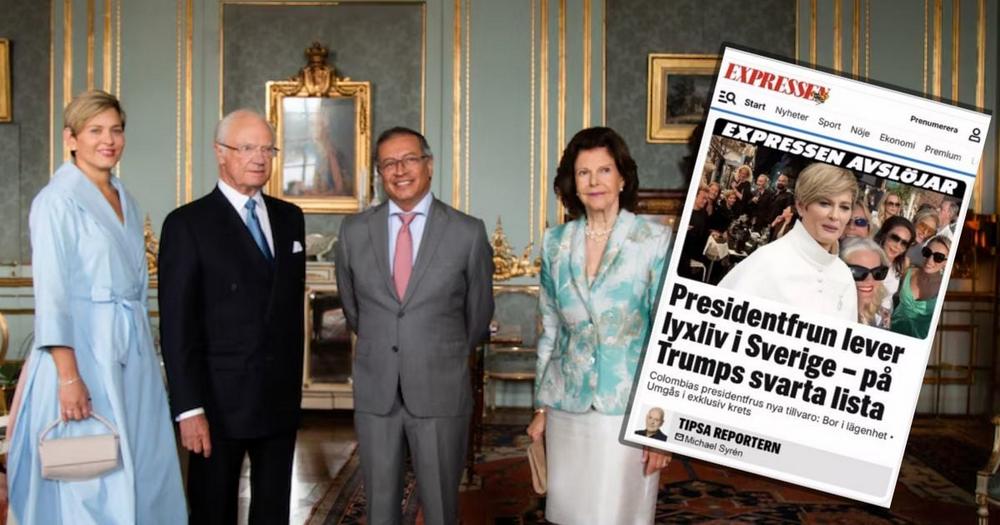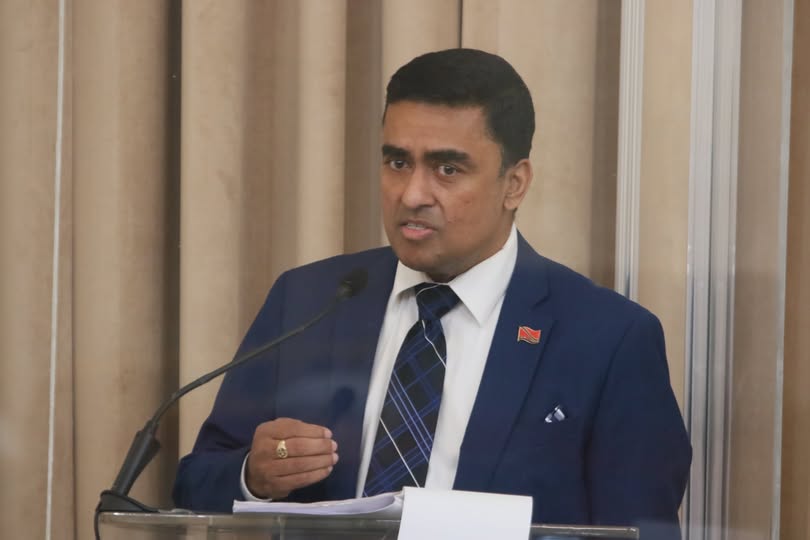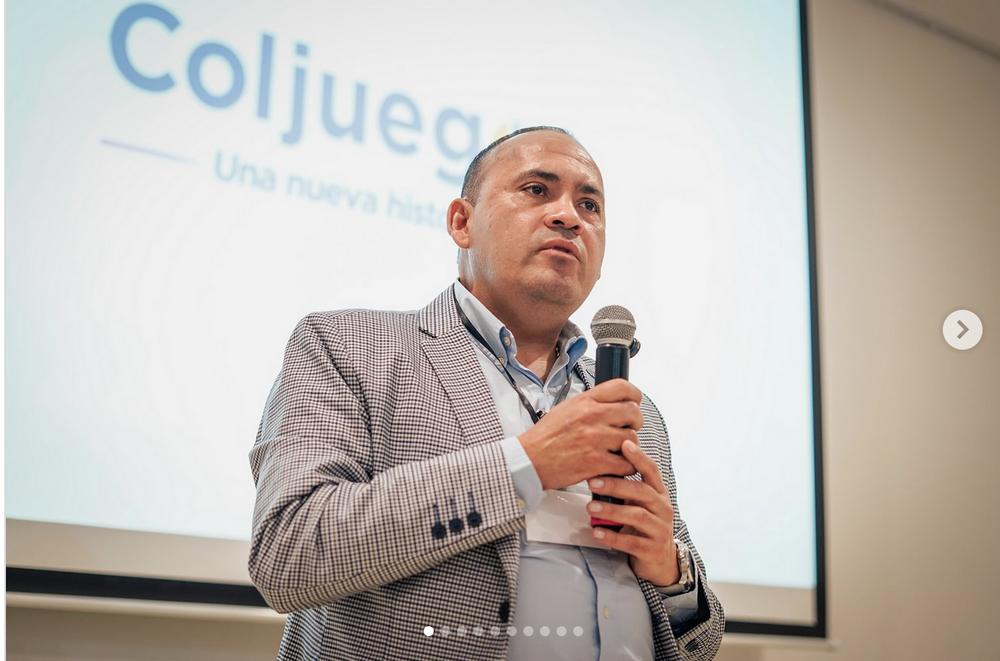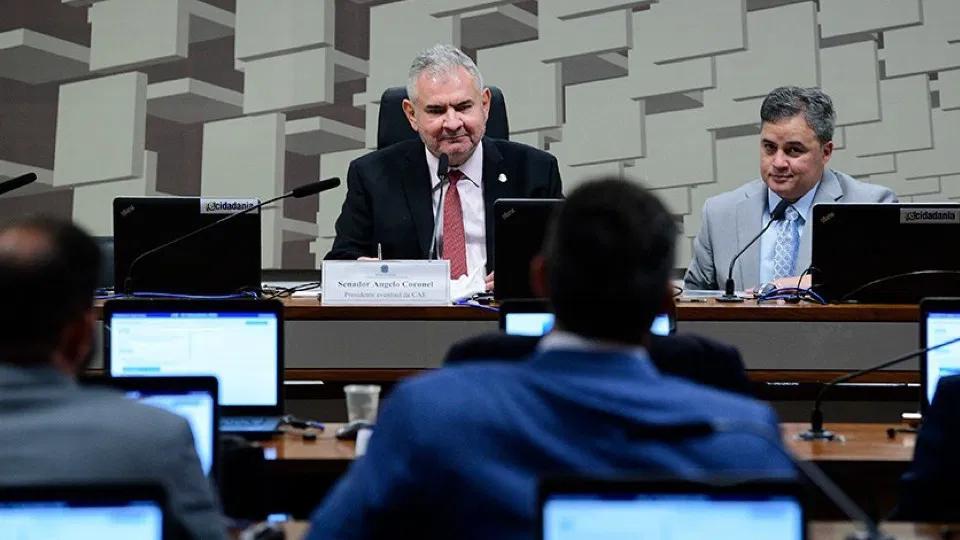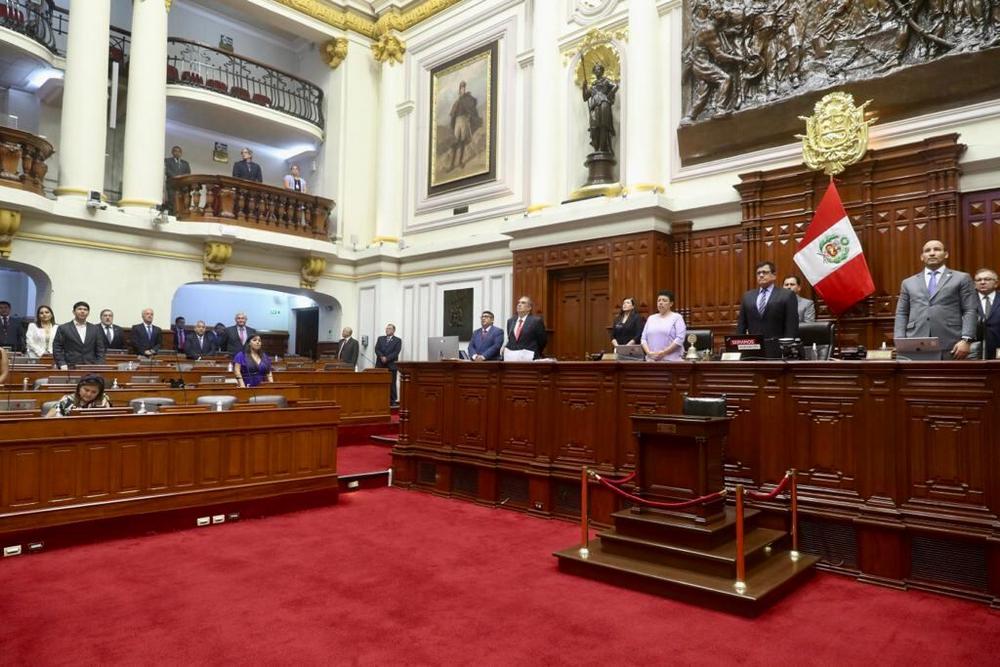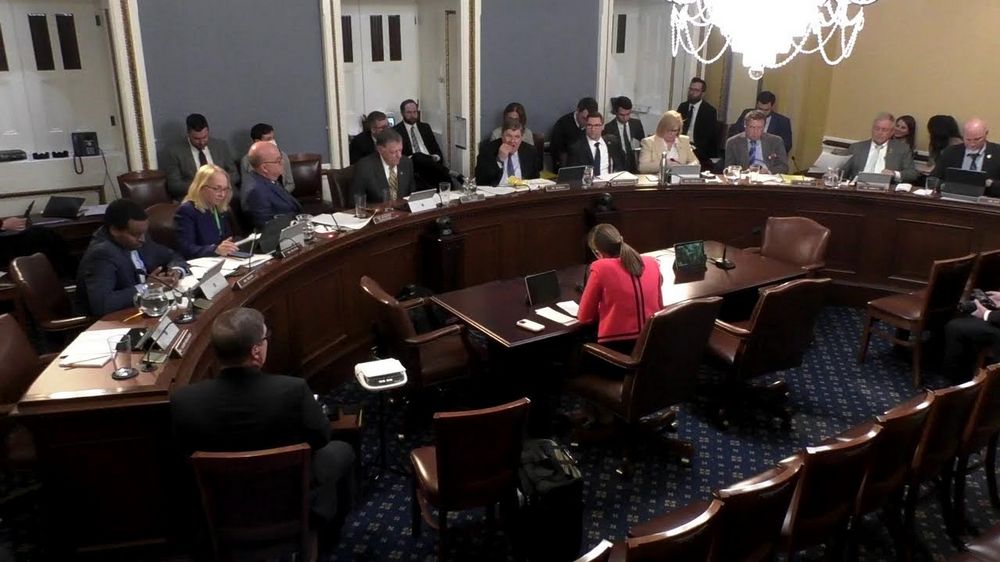Port of Spain — Trinidad and Tobago’s Minister of Finance Davendranath Tancoo has declared an aggressive crackdown on the nation’s thriving illegal gambling sector, describing it as a “parallel economy” draining state revenue and undermining the integrity of the country’s regulated lottery system.

In his 2025 national budget presentation on Monday, Minister Tancoo revealed that the illegal gambling industry — dominated by unlicensed lotteries known locally as whe-whe and unauthorized betting houses — is worth an estimated TTD 9 billion annually (around US $1.3 billion). That figure, he said, is nearly three times the size of the legal market operated by the National Lotteries Control Board (NLCB), which generates approximately TTD 3 billion (US $442 million) per year in gross gaming revenue.
“These underground operations rob the state of income tax, corporate tax and licensing fees,” Tancoo warned, adding that the government can no longer ignore the fiscal and social impact of unregulated betting networks.
Under the proposed reforms to the Gambling and Betting Act, the government intends to introduce stiffer penalties to deter operators and participants. New sanctions include fines of TTD 250,000 and up to three years’ imprisonment for summary offenses, and penalties of up to TTD 3 million (US $442,000) and seven years in prison for convictions on indictment.

Authorities have identified a new trend in which illegal bookmakers issue printed receipts disguised as retail purchases that correspond to results of official NLCB draws. The Ministry of Finance plans to criminalize not only the acceptance of such bets but also the issuance of fake receipts and the payment of winnings based on NLCB outcomes.
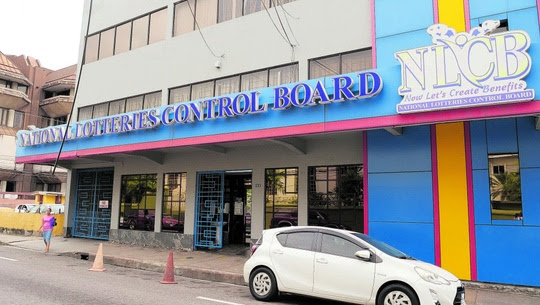
Alongside enforcement, Tancoo announced a modernization of the NLCB’s oversight framework. The reforms require quarterly transfers of NLCB profits to the government’s Consolidated Fund, stricter budgetary control, and independent auditing to prevent internal leakage.
Industry observers note that this move follows a wider Caribbean trend toward stricter oversight of gaming operations, as governments seek to protect tax revenue while encouraging legitimate investment in the regulated sector. In Tancoo’s words, the message is unambiguous: “We will strengthen the law, close the loopholes, and ensure that those who choose to operate outside the system face real consequences.”
For Trinidad and Tobago’s gaming landscape, this represents not just a fiscal policy but a redefinition of control — a bid to reclaim billions once left in the shadows and redirect them toward public trust and transparency.










